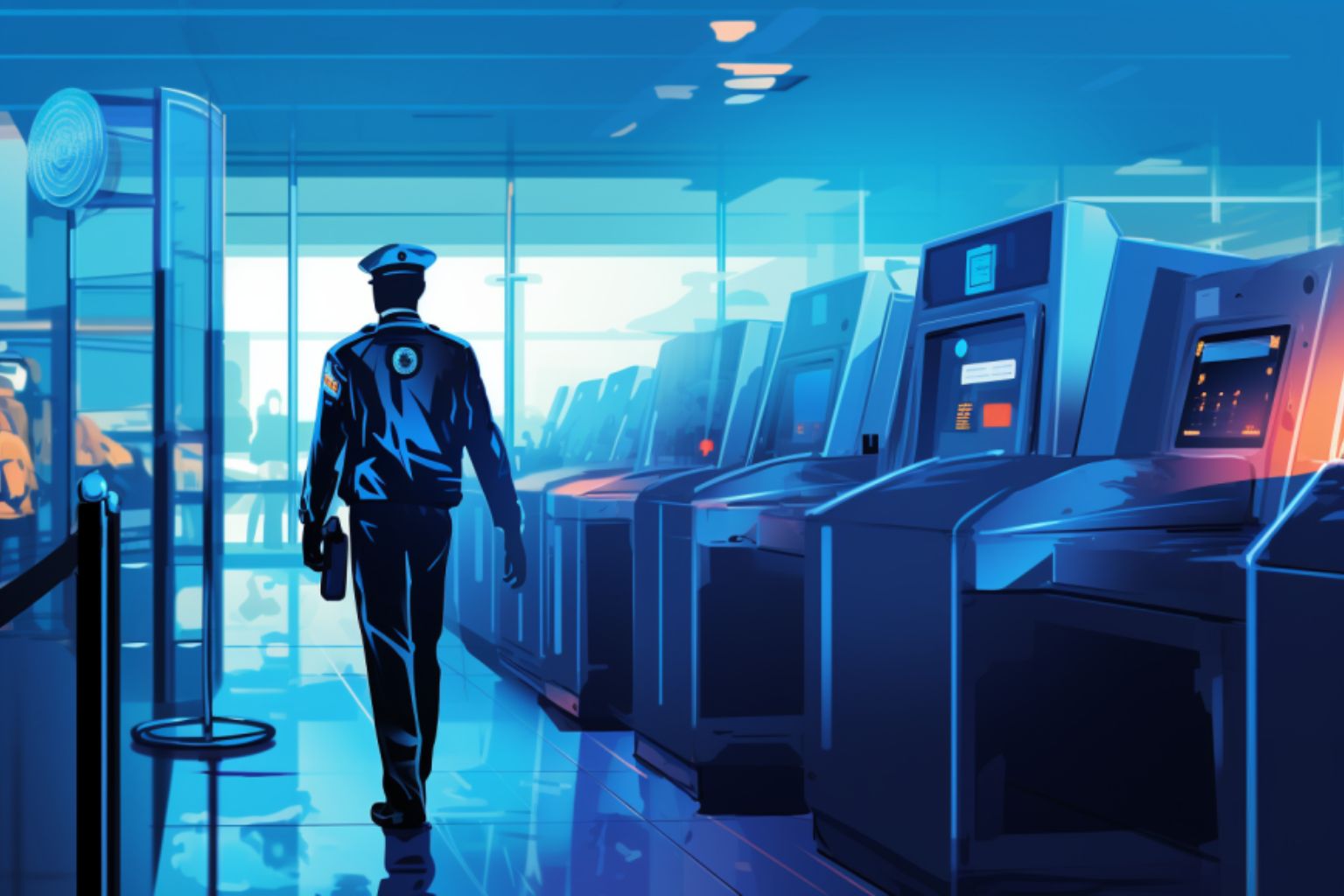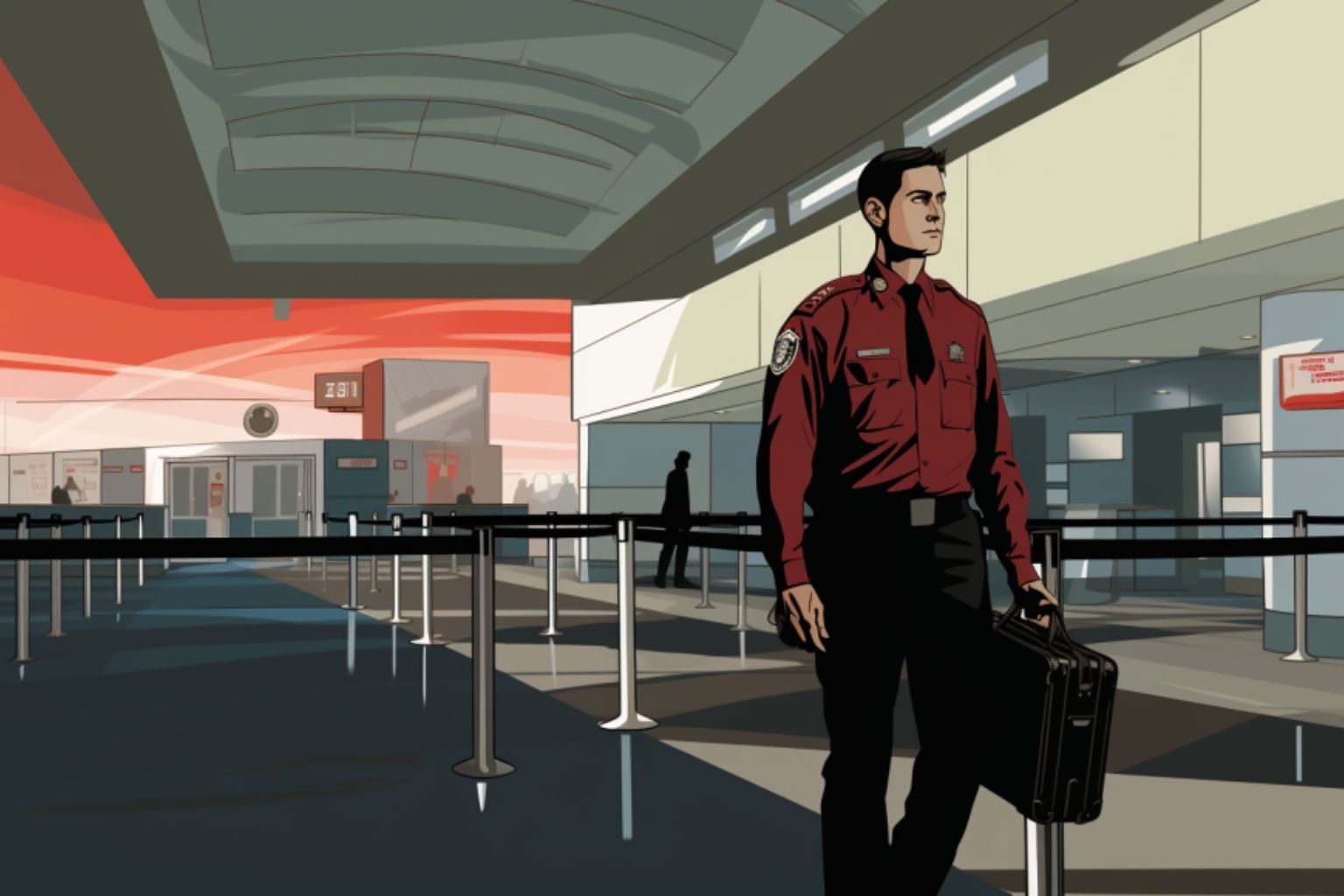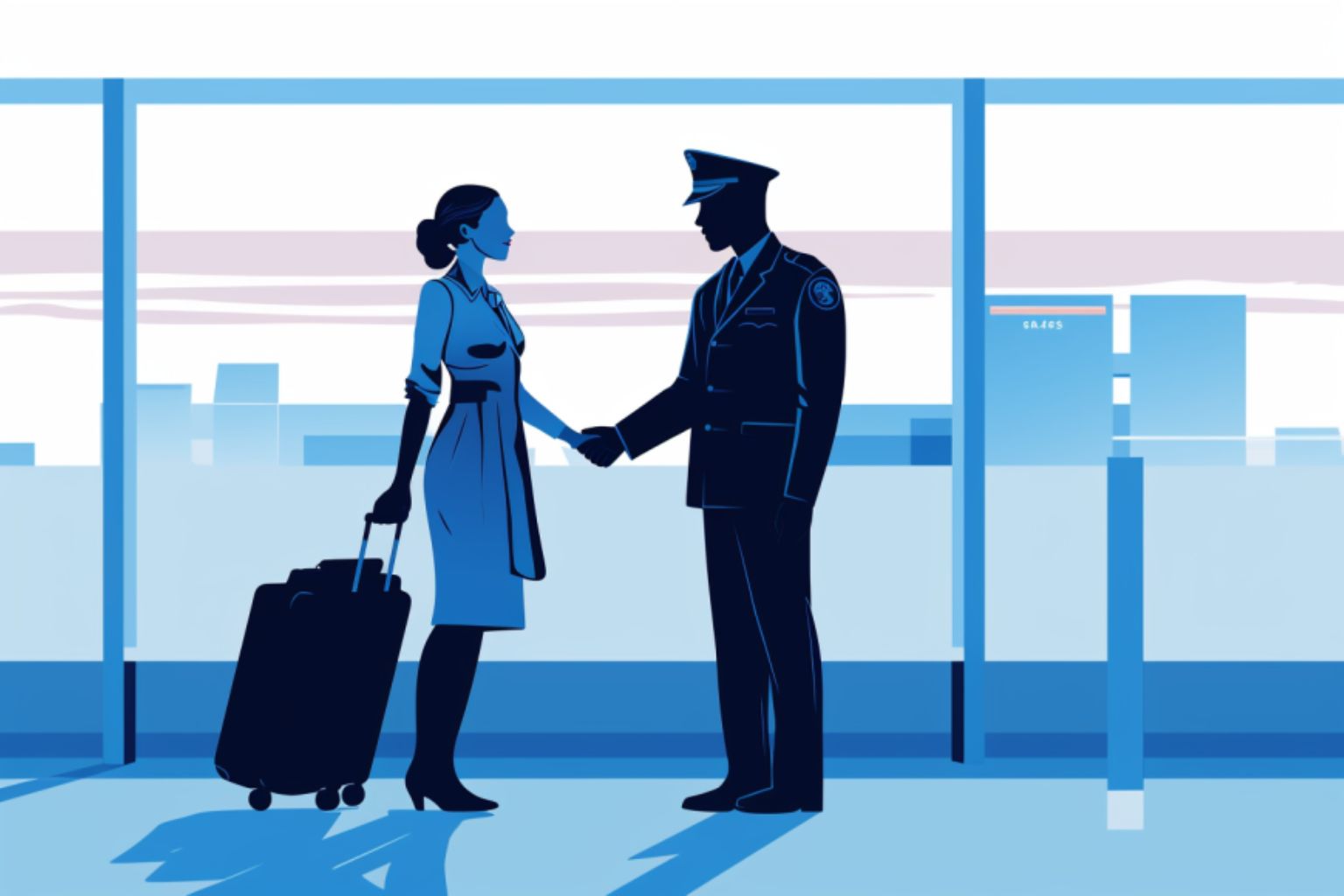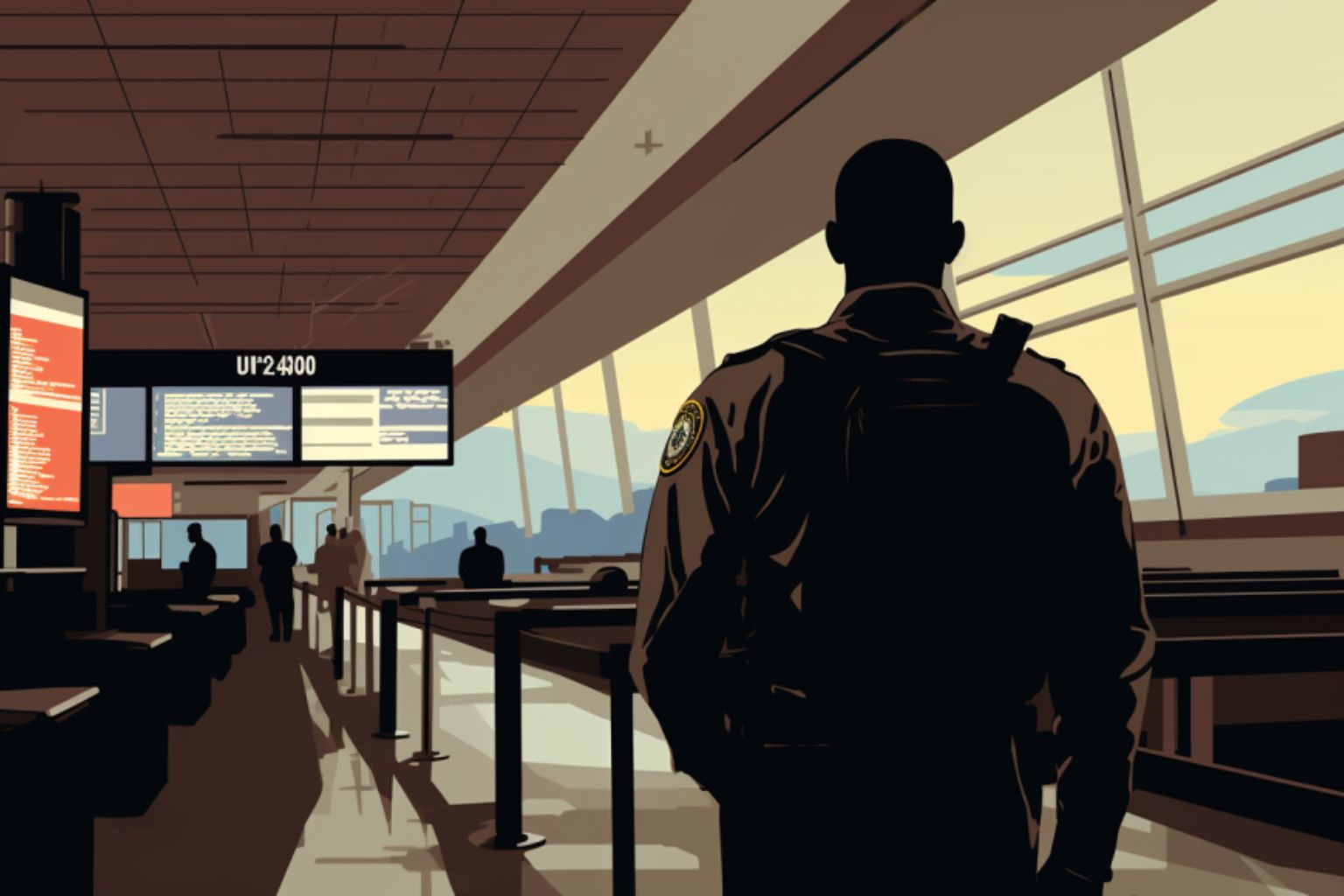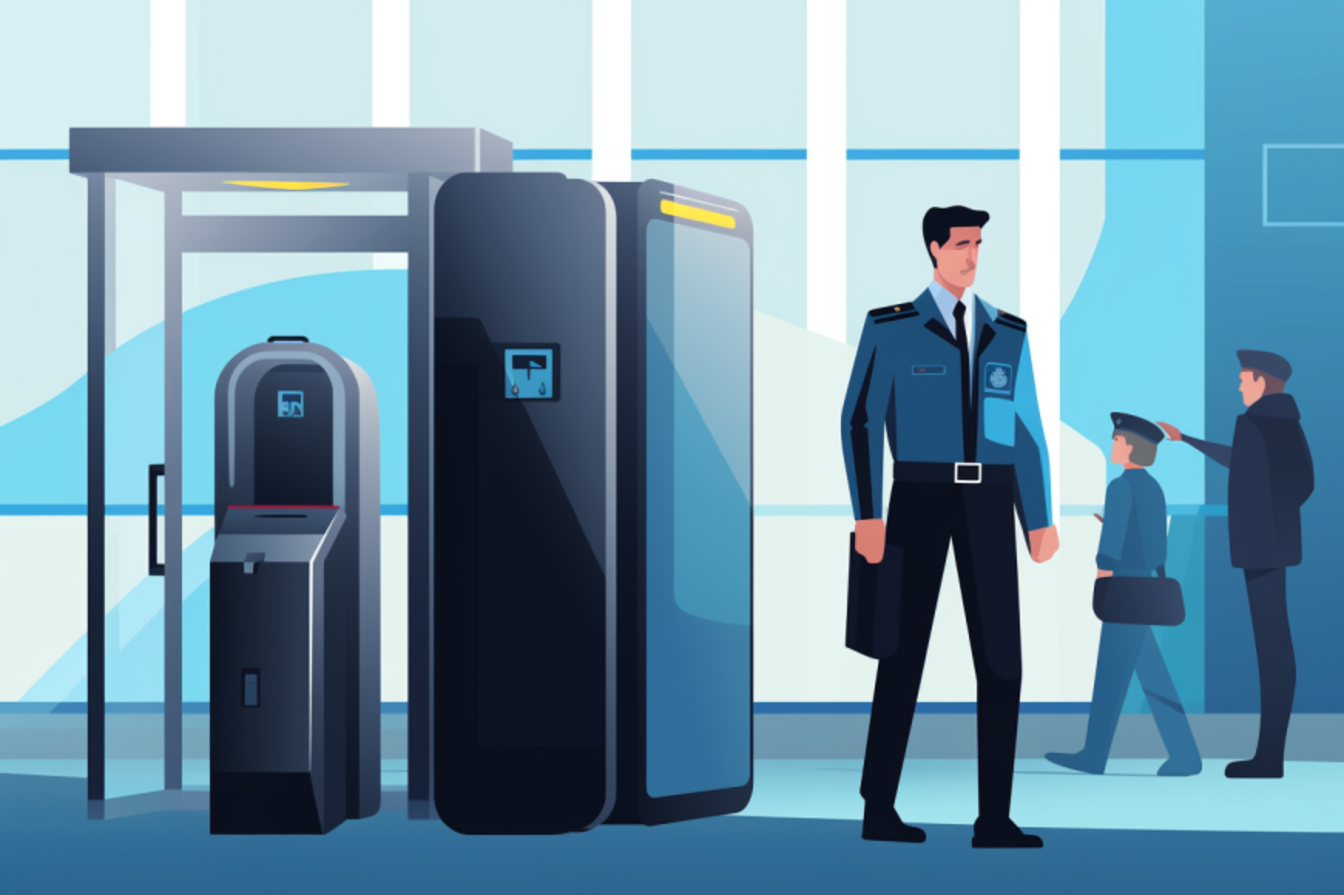TSA denies it turned off body-scanners on “Opt-Out” Day — but where’s the proof?
Two weeks after declaring National Opt-Out Day a failure and renaming it TSA Appreciation Day, the agency charged with protecting our transportation systems has formally denied it turned off its full-body scanners in order to squelch the pre-Thanksgiving protests.
